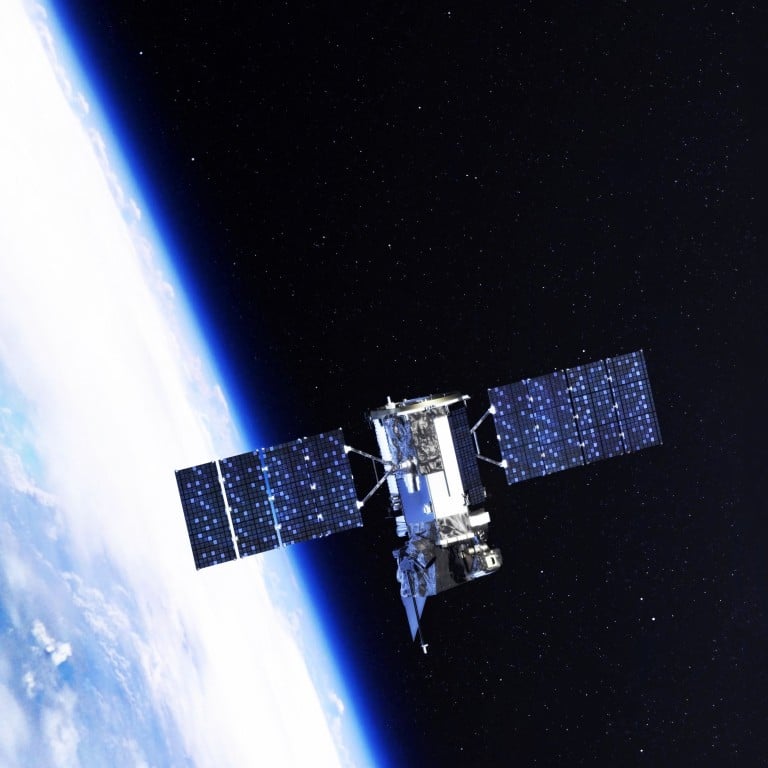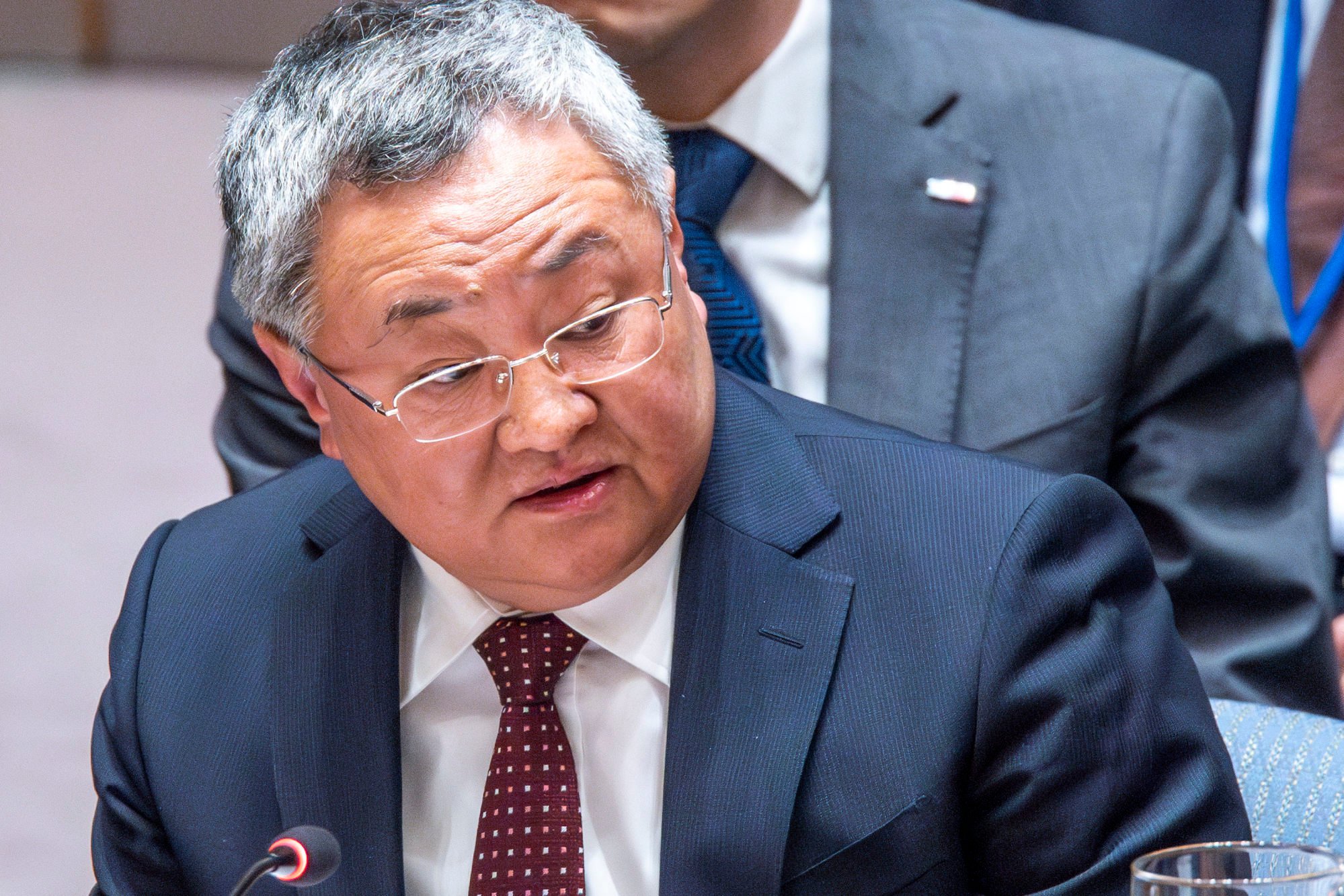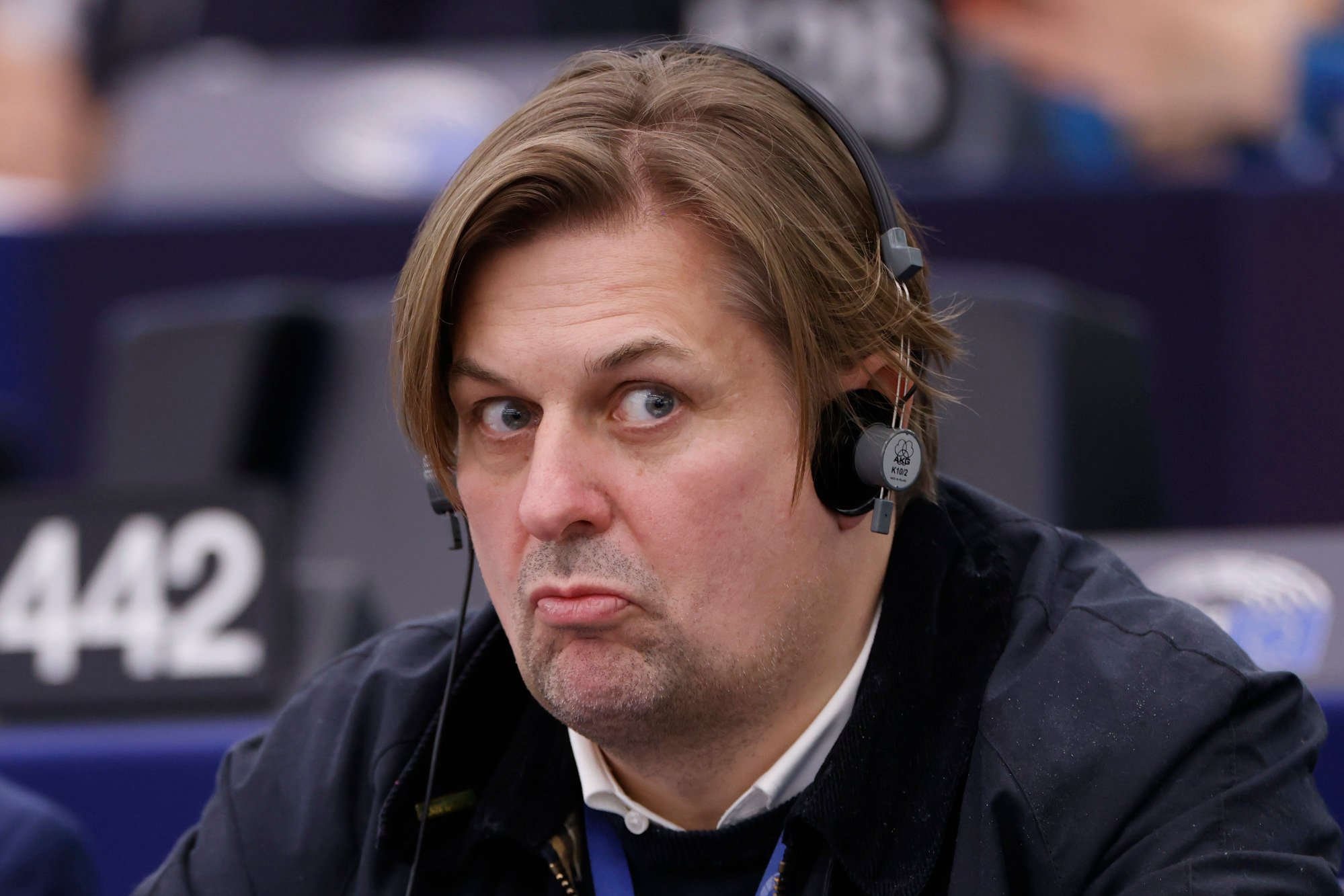
EU to tell Beijing of plan to blacklist more Chinese businesses for breaching Russia sanctions
- Purpose is to enlist China’s help in ending the companies’ activities that allegedly violate sanctions on supplying products with military applications to Moscow
- Discussion will come as a series of events this week, from charges of espionage and hacking to raids on businesses seeking proof of state subsidies, pressure bilateral ties
The Chinese companies stand accused of buying European-made goods that are not permitted to be sold to Russia, then exporting them to Russian military buyers.
The aim of the meeting is to enlist Beijing’s help in closing the loopholes, people familiar with the planning said.
Previous consultations like this have resulted in the removal of Chinese firms from a draft blacklist before it got published, after Beijing committed to stopping the trade.

Even so, three mainland Chinese entities and one registered in Hong Kong were blacklisted in February for flouting EU sanctions, as part of the bloc’s 13th package of punitive measures to hobble Russia’s military.
The latest salvo comes as Brussels readies its 14th package. The Chinese entities form part of a broader group of companies that also include some from Hong Kong. Bloomberg first reported on the latest list, saying that the firms from China have “provided Russia with satellite images and other technologies”.
“Last year, Russia imported 90 per cent of its microelectronics from China, used to produce missiles, tanks, and aircraft. China is also working to provide Russia with improved satellite capabilities and imagery. All of this helps Moscow to inflict more death and destruction on Ukraine,” Stoltenberg said.
Even apart from Ukraine, Friday’s meeting would come at a testy time for EU-China relations, with a series of explosive events piling pressure on bilateral ties all week.
Nuctech raids send shock waves through EU amid fears of crackdown on China firms
Officers sought evidence of state subsidies from Beijing, as part of a preliminary investigation under the new EU foreign subsidies regulation. A pipeline of cases is believed to be coming under this tool in the months ahead.
A separate EU trade probe was launched on Wednesday into market access for EU firms into China’s vast medical devices sector. This was the first case begun under the bloc’s international procurement instrument, intended to pry open public tenders outside Europe that are closed to EU operators.
Also this week, four German nationals were arrested for allegedly spying for Chinese secret services, including an assistant employed by a high-profile member of the European Parliament.

On Thursday, Patricia Flor, Germany’s ambassador to China, posted on X, formerly known as Twitter, that she had been summoned by the Chinese foreign ministry to discuss the arrests.
Also on Thursday, the Belgian foreign ministry called in the Chinese ambassador after local media reported that Els Van Hoof, chair of the country’s Foreign Affairs Committee, has been hacked by China.
All these topics are expected to be discussed on Monday, when Executive Vice-Minister of Foreign Affairs Ma Zhaoxu comes to Brussels for talks with EU officials, sources told the South China Morning Post.
Hungarian media reported on Thursday that Xi would also travel to Budapest for talks with Prime Minster Viktor Orban from May 8 to 10. He is also expected to visit the Serbian capital of Belgrade.

